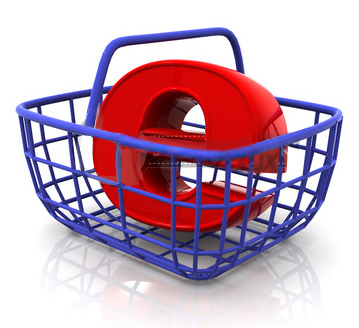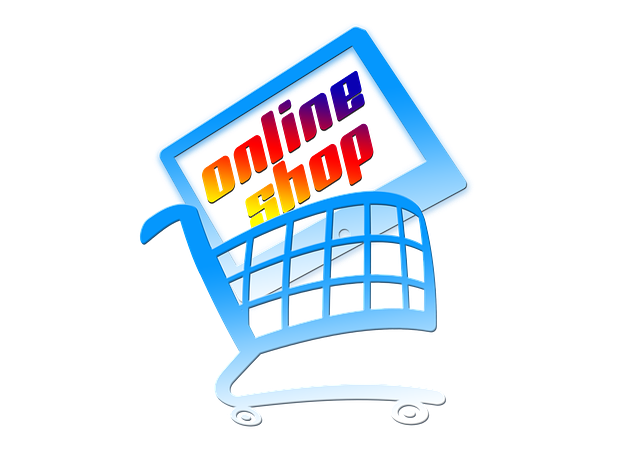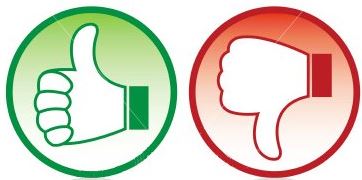Introduction to e-Business
e-Business basically means an electronic business.
When people use the term they usually refer to applying information and communication technologies to the running of their business.
The following are all examples of how a company might engage in e-business:
- setting up a company website
- setting up a company facebook page
- communicating to customers using twitter
- using e-mail to communicate with customers or suppliers
- using computer spreadsheets and databases to keep track of sales and customers

There are a number of reasons why business owners would want to enage in e-business. Some of these can include:
- Just to have an online presence: If a customer wants to find their address, or their phone number of read a bit about the company, then they can do so online.
- For marketing and promotion: Some companies go online so that they can advertise. They buy online advertisements that link to their homepage, or they use facebook, twitter or email to advertise their products.
- To actually sell their products: Some companies actually sell their goods online. We will look at this next...
e-commerce refers to the actual exchange of products or services using information and communication technologies, usually the internet.
So e-commerce means having a place where buying and selling takes place, like an online store.

Most businesses nowadays have an e-business presence but not all businesses engage in e-commerce.
A company that sells products to customers online is sometimes called an e-tailer. This term comes from the term retailer, which means a company that sells things to customers. You might think that all businesses sell things to customers but this isn't true. A business that makes cothing usually sells large quantities of their good to a retailer, then the retailer sells it to the customer.
A business that only sells their goods in a store is sometimes called a "brick-and-mortar" business because the place where they sell their goods is built with bricks and mortar.
A business that sells their goods in a store and online (think of the Gap, Old Navy, Best Buy, etc) are sometimes called click-and-mortar businesses. They have a "brick-and-mortar" business but they also let people "click" online to buy goods.
So what are some of the advantages and disadvantages of having an e-business?

ADVANTAGES
- A connection to customers who are everywhere: We use to only be able to sell products to people who lived nearby and could visit the store. Now we can use the internet to sell goods to people all around the world.
- Easier communication with customers: Facebook, twitter, e-mail and other electronic tools have allowed businesses to better communicate with customers. It has also made it easier for customers to get in contact with the business.
- Sometimes cheaper transactions: Many online transactions occur automatically. There is no sales person needed.
- Sometimes no stores are needed: Some online retailers don't have stores at all. Instead goods are just stored in a huge warehouse and then when onlin orders come through the products are slected and shipped. A warehouse is way easier and cheaper to maintain than an actual store.
DISADVANTAGES
- Can be expensive to start: Setting up a website and an e-commerce platform can be a little bit expensive to begin with. In the long term it ends up being money well spent, but initially it costs a few dollars.
- Security: Anytime money is exchanged on line there are security issues. A lot of e-commerce sites use other companies to process their transactions, that way they don't have to worry about these concerns.
- Specific to just some products: A lot of people wouldn't buy a couch without sitting on it. For this reason, some things are great to sell using e-commerce, other things are not.
Further questions...
1. Provide 5 examples of how a company might engage in e-business.
2. What is the difference between e-business and e-commerce?
3. What is a retailer?
4. Why would it be easier to maintain a huge warehouse instead of an actual "brick-and-mortar" store that customers can visit?
5. Can you think of some other advantages and disadvantages to e-business?
6. Can you think of 10 things that would be great to sell online?
7. Can you think of 10 things that would not be good to sell online?
8. The following diagram explains what happens when an e-commerce order is placed online... did you know that so many steps were involved?

